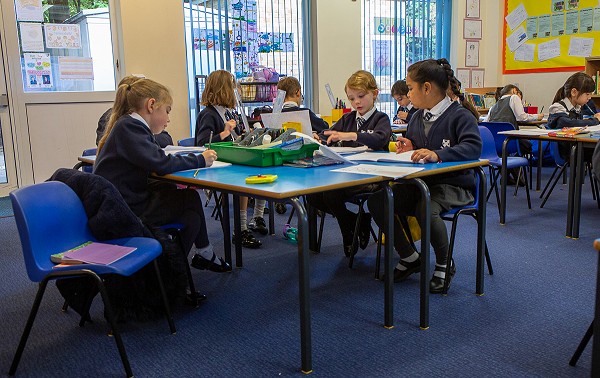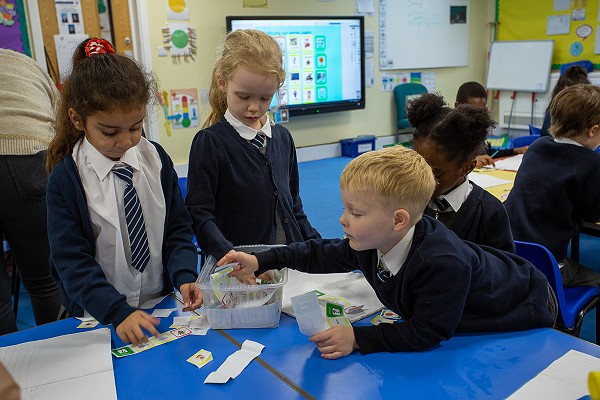Curriculum
“‘There is no difference between the one who plants and the one who waters. God will reward each one according to the work each has done.’ 1 Corinthians 3 verse 8 (Good News Bible)”
The curriculum at St. Andrew’s is underpinned by our vision and values developed from this verse. From this we have agreed two overarching themes that drive teaching and learning across the school: Community and Diversity and Health and Wellbeing.
Our thematic curriculum allows us to make meaningful links between subjects within the curriculum wherever possible. Our topics are based on the ProspectUs Curriculum which covers all aspects of the National Curriculum, combining and linking skills across the complete range of subjects taught. The objectives in each year group build on each other to ensure that the full range of objectives are taught across key stages and the school.
In addition, links are made between the thematic units and the teaching of English through careful selection of fiction and non-fiction texts to support reading and writing across a wide variety of genres. Maths and Science are taught discretely; although, where possible, links are made between these subjects and other curriculum areas. RE and Collective Worship are an important aspect of our daily life and time is dedicated every day to develop pupils’ spiritual lives. See the Our Ethos page for more information.
Teaching of the curriculum is supplemented by a range of curriculum enrichment activities inside and outside the classroom. See Recent Event for more information.
Please click on the links to find out more about our curriculum.
Where necessary, adaptations to the curriculum are made to ensure that it is accessible for those with disabilities or special education needs. More information about this can be found on the Inclusion page.
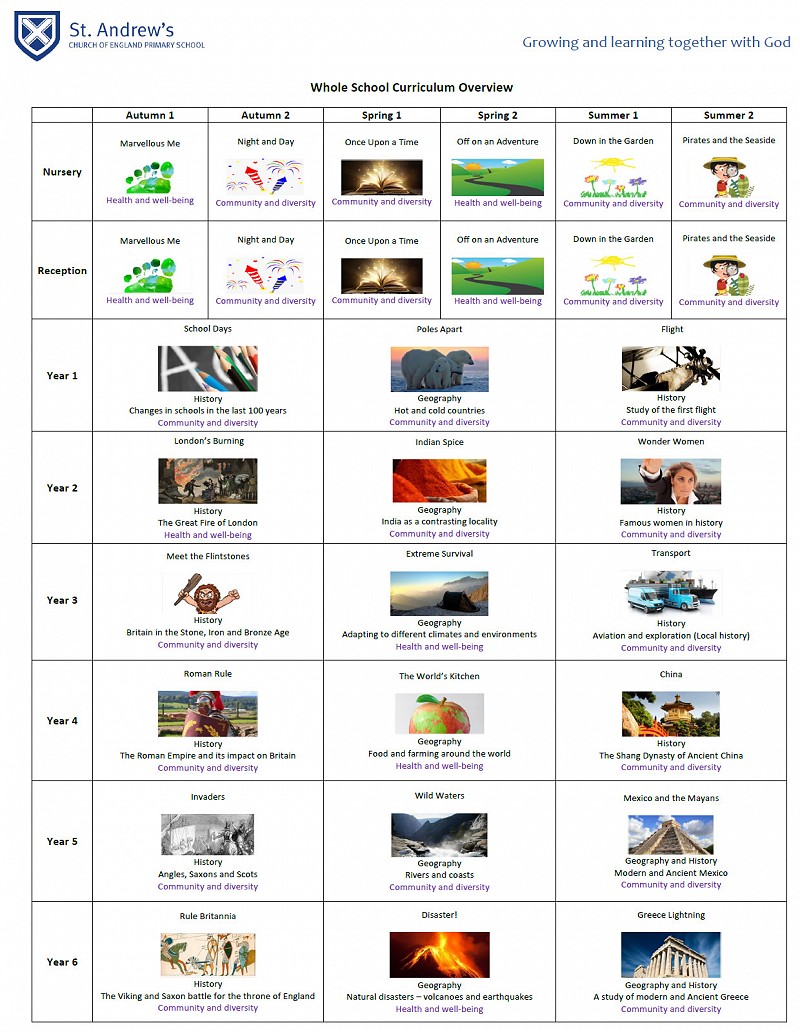
Detailed Curriculum maps for each topic can be found on the individual class pages.
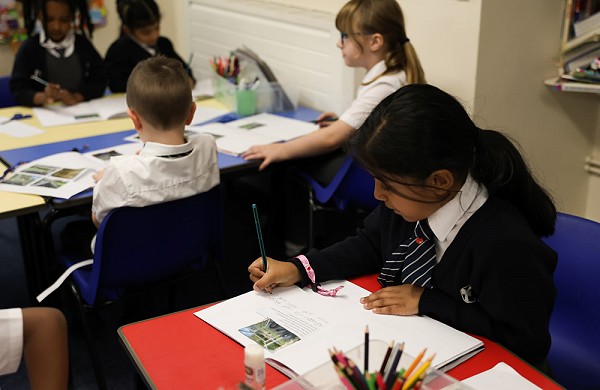
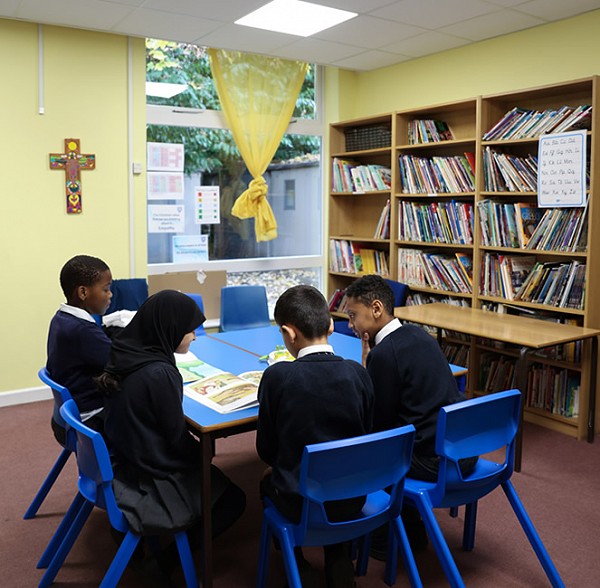
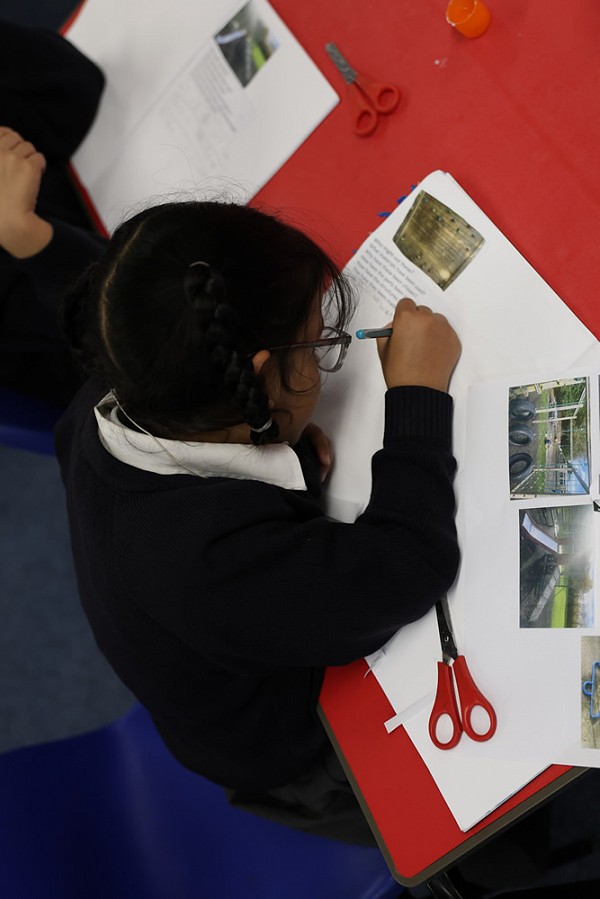
Assessment
At St. Andrew’s, assessment is key to our planning process and is on-going throughout each year. More formal assessments are used at the end of each year and reported to parents. Individual targets in English and Mathematics are set in consultation with pupils, parents and teachers. Support programmes are put in place when necessary.
At the end of Reception, children are assessed against the 17 Early Learning Goals. This is known as the EYFS Profile. More information about EYFS can be found here. Children in Year 1 take the statutory Phonics check which tests their ability to decode and blend real and pseudo words. At the end of Year 2, children take written tests which form the basis of the end of Key Stage 1 assessments. They are assessed in Reading, Writing and Maths. All of these assessments are internally marked and analysed. At the end of Year 6, children take written tests for Reading and Maths which are marked externally. They are also assessed for Writing but this is carried out internally by school staff and sometimes moderated by local authority moderators. All statutory assessments are reported to the local authority and are used to compile league tables and performance tables for the school. These are available on the Pupil Attainment page.
Written Reports
Written reports are given to parents towards the end of the Summer term. These reports summarise pupil progress throughout the year and highlight any future learning targets. In line with statutory regulations, absences are noted on the reports and outcomes from assessments are also shared.
Consultation Evenings
In the Autumn and Spring terms parents are invited to come into school to view their child’s work and discuss their progress. Individual appointments are made with the class teacher.
Although there is no formal evening during the Summer term, parents are welcome to make an appointment with the class teacher to discuss their child’s annual report if they wish.
